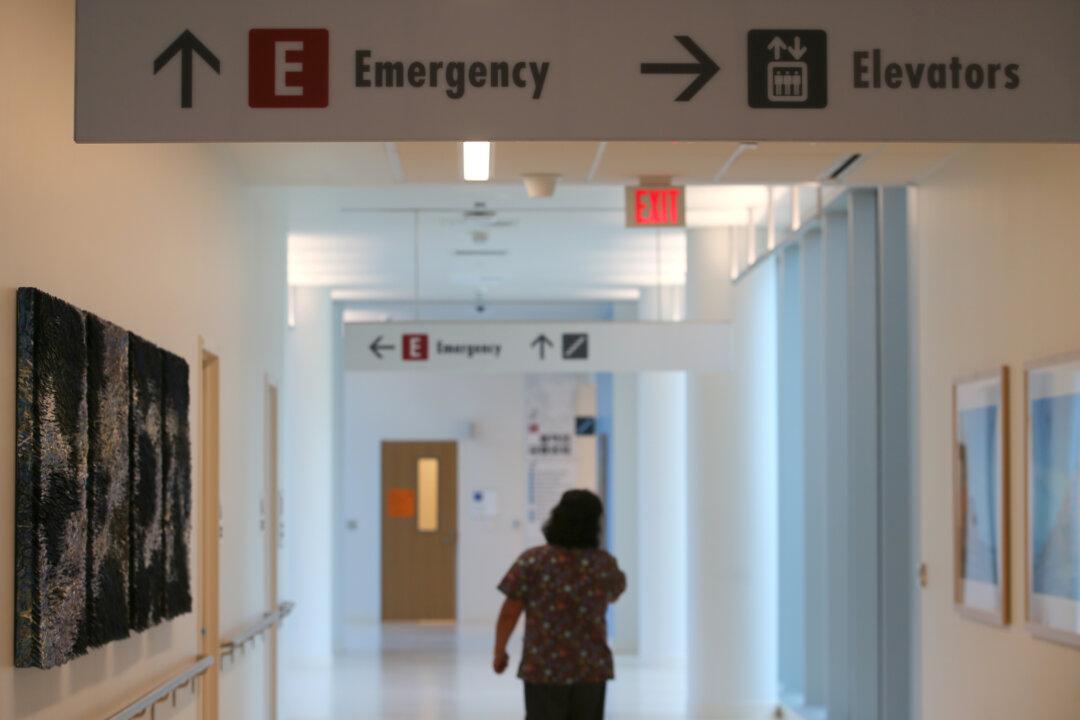California Gov. Gavin Newsom announced Oct. 31 funding totaling $144 million spread across 145 health care organizations and providers statewide intended to improve accessibility and expand medical services for those using Medi-Cal insurance coverage.
“California is making health care more accessible for people all across the state, regardless of their income,” Mr. Newsom said in a press release highlighting the new funding. “Today’s investment breaks down barriers so more Californians can get the care and support they need, where they live and when they need it—leading to healthier lives and a healthier California.”





